Climate Change Marine Biodiversity The Decline Of – Ocean & Platform
Ocean Ecosystem May Suddenly Collapse If Climate Change Is Not Reversed
The ocean ecosystem is facing a critical threat due to climate change. If we don't take immediate action to reverse its negative effects, we risk the sudden collapse of this delicate ecosystem. The increasing levels of greenhouse gases in the atmosphere are causing rising ocean temperatures, ocean acidification, and sea-level rise, all of which have severe consequences for marine life.

Climate change is causing the ocean to warm at an alarming rate. Warmer waters disrupt the balance of marine ecosystems, affecting the distribution and behavior of various species. It can lead to the loss of critical habitats, such as coral reefs and seagrass meadows, which support a diverse array of marine life.
The rise in ocean temperatures also poses a threat to cold-water species, including polar bears, penguins, and seals, who rely on sea ice for hunting, breeding, and resting. As the ice melts, their habitats shrink, and they struggle to find food and suitable breeding grounds.
Another consequence of climate change in the ocean is the process of acidification. As carbon dioxide (CO2) is absorbed by seawater, it reacts chemically and leads to a decrease in the ocean's pH, making it more acidic. This acidification has harmful effects on marine organisms, particularly those with calcium carbonate shells or skeletons, such as corals, shellfish, and some plankton. It threatens their ability to build and maintain their structures, which disrupts the entire food chain.
In addition to rising temperatures and acidification, climate change also results in rising sea levels. As the polar ice caps and glaciers melt, the volume of water in the ocean increases, leading to coastal flooding and erosion. This threatens coastal communities, infrastructure, and important breeding grounds for many species. It also affects nesting sites for sea turtles and other marine animals.
Study finds climate change is causing modifications to marine life behavior
Scientists have observed significant modifications in marine life behavior as a direct result of climate change. Species are adapting to changing environmental conditions, such as shifts in temperature and ocean currents. These adaptations often include alterations in migration patterns, feeding habits, and breeding cycles.

For example, some fish species are moving toward higher latitudes or to deeper waters in search of cooler temperatures. This migration can lead to imbalances in ecosystems, as predators and prey may no longer coexist in the same regions. It also affects the availability of fish for commercial and recreational fishing industries.
Climate change is also affecting the reproductive patterns of marine organisms. For instance, warming waters may impact the timing and location of spawning, which can have cascading effects on the population dynamics of various species. Changes in breeding grounds can disrupt critical reproductive cycles and reduce the overall reproductive success of marine organisms.

Some of the most biodiverse areas in the ocean, known as "hotspots," are particularly vulnerable to the effects of climate change. These regions, such as coral reefs and coastal mangrove forests, support a wide variety of marine life. However, rising water temperatures, coral bleaching events, and ocean acidification pose significant threats to their existence.
Coral reefs, often called the "rainforests of the sea," are intricate ecosystems that provide shelter, food, and breeding grounds for countless species. However, they are highly sensitive to changes in temperature and water chemistry. When stressed due to increased temperatures, corals expel the symbiotic algae that provide them with essential nutrients, causing them to turn white, or "bleach." If these conditions persist, the corals can die, leading to the collapse of the entire reef ecosystem.
Deep-Sea Biodiversity Likely to be at Greater Risk Due to Climate Change
The deep sea, which encompasses the darkest and most mysterious parts of the ocean, is home to an array of unique and diverse species. However, this fragile ecosystem is under increasing threat from climate change.

One of the main concerns is the potential disruption of deep-sea food webs. As changing ocean temperatures and currents alter the distribution of nutrients, it can affect the primary producers, such as phytoplankton, that form the basis of the food chain. This, in turn, can impact the entire ecosystem, affecting deep-sea organisms at different trophic levels.
Another significant threat to deep-sea biodiversity is the increasing presence of oxygen-depleted "dead zones." As warmer surface waters trap less oxygen, these dead zones expand and encroach upon previously oxygen-rich deep-sea habitats. Many species in these areas are not adapted to such low oxygen conditions and may struggle to survive.
In addition, the deep sea is facing the challenge of ocean acidification. While the surface ocean is more immediately impacted, acidification will eventually affect deeper waters. This could have severe consequences for organisms with calcium carbonate structures, like deep-sea corals and shellfish, causing their habitats to degrade rapidly.
Climate Change Effects on Marine Biodiversity & Local Communities - Bifrost
Climate change is not only impacting marine biodiversity but also local communities that depend on the ocean for their livelihoods and cultural heritage. These communities often have deep connections to the sea and rely on fishing, tourism, and other marine-related industries for sustenance and economic stability.
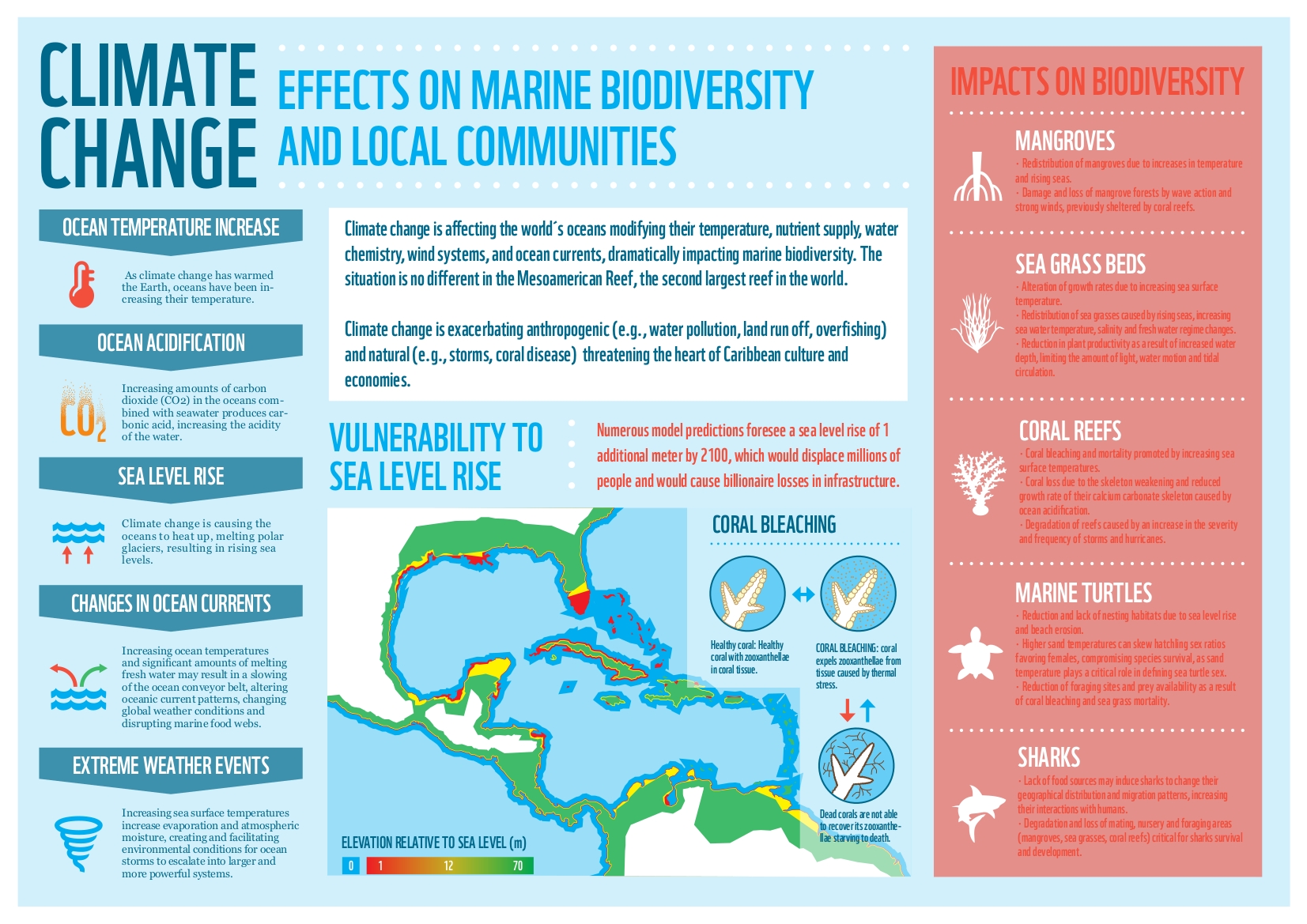
As the ocean ecosystem changes due to climate change, it can disrupt the availability and distribution of fish stocks. This poses a threat to the livelihoods of fishermen and fishing-dependent communities. Changes in migration patterns, spawning locations, and food availability can lead to decreased fish populations and economic hardships.
Additionally, rising sea levels and increased storm intensity associated with climate change contribute to the erosion of coastal areas. This not only damages infrastructure and homes but also negatively impacts tourism, which often sustains many coastal communities.
Climate Change Worsens Effects of Nutrient Pollution on Marine Ecosystems
Nutrient pollution, mainly caused by agricultural runoff and wastewater discharge, is already a significant problem for marine ecosystems. However, the effects of nutrient pollution are exacerbated by climate change.

Excess nutrients, such as nitrogen and phosphorus, can lead to harmful algal blooms and oxygen-depleted zones, commonly known as "dead zones." These phenomena have devastating consequences for marine life, as they can lead to mass mortality events and the collapse of entire populations of fish, shellfish, and other organisms.
Climate change amplifies the impacts of nutrient pollution in several ways. Firstly, increased rainfall and extreme weather events associated with climate change can result in more runoff carrying nutrients into water bodies. This exacerbates the already high nutrient levels, further fueling algal blooms and the creation of dead zones.
Secondly, rising water temperatures due to climate change promote the growth of harmful algal species, leading to more frequent and intense blooms. These blooms can release toxins that harm marine life and even pose risks to human health if shellfish contaminated with these toxins are consumed.
How Can Marine Protected Areas Save Our Oceans from Climate Change
Marine protected areas (MPAs) play a vital role in mitigating the impacts of climate change on ocean ecosystems. These designated areas aim to conserve marine biodiversity and protect critical habitats, allowing them to build resilience in the face of environmental challenges.

MPAs provide a sanctuary for a wide range of species, allowing them to thrive without the added pressures of human activity. By limiting or regulating fishing and other extractive activities within these areas, MPAs allow fish populations to recover, enhancing their overall resilience to climate change. Healthy fish populations, in turn, help maintain a balanced ecosystem, as they play critical roles in controlling the abundance of prey species and controlling algal blooms.
MPAs also protect sensitive habitats, such as coral reefs and seagrass meadows, which act as natural barriers against rising sea levels and storm surges. These habitats provide essential nursery areas for many marine species, and their preservation is crucial for maintaining overall ecosystem health.
Furthermore, MPAs can serve as learning laboratories for scientists and researchers to study the impacts of climate change on marine ecosystems. Through ongoing monitoring and data collection, they provide valuable insights into the effectiveness of various conservation strategies and help inform future management decisions.
Climate, Biodiversity, and Oceans: They’re All Connected - Marine
The interconnections between climate change, biodiversity, and oceans highlight the need for holistic and integrated approaches to address these environmental challenges. Each of these elements relies on the health and functioning of the others, and their degradation threatens the overall ecological balance of our planet.

Climate change, as discussed earlier, directly impacts marine biodiversity through rising temperatures, ocean acidification, and sea-level rise. These changes disrupt ecosystems, alter species' behaviors and distributions, and increase the vulnerability of fragile habitats.
Conversely, biodiversity plays a crucial role in regulating the Earth's climate by absorbing and storing carbon dioxide, a greenhouse gas responsible for global warming. Coral reefs, for example, are estimated to sequester billions of tons of carbon dioxide annually. Protecting and restoring biodiversity-rich areas can contribute to climate change mitigation efforts.
Oceans also play a critical role in buffering the impacts of climate change. They absorb about a quarter of the carbon dioxide emitted into the atmosphere, reducing its concentration and mitigating the greenhouse effect. Additionally, the circulation of ocean currents helps distribute heat around the globe, regulating regional climates.
However, with increasing carbon dioxide concentrations, the capacity of oceans to absorb and store carbon is being stretched to its limits. This not only enhances ocean acidification but also exacerbates the warming of surface waters, leading to more frequent and severe extreme weather events.
Climate Change Driving Marine Species Poleward
One of the most significant impacts of climate change on marine ecosystems is the migration of species poleward. As temperatures increase, many marine organisms are shifting their ranges towards the Earth's poles in search of more suitable habitats.
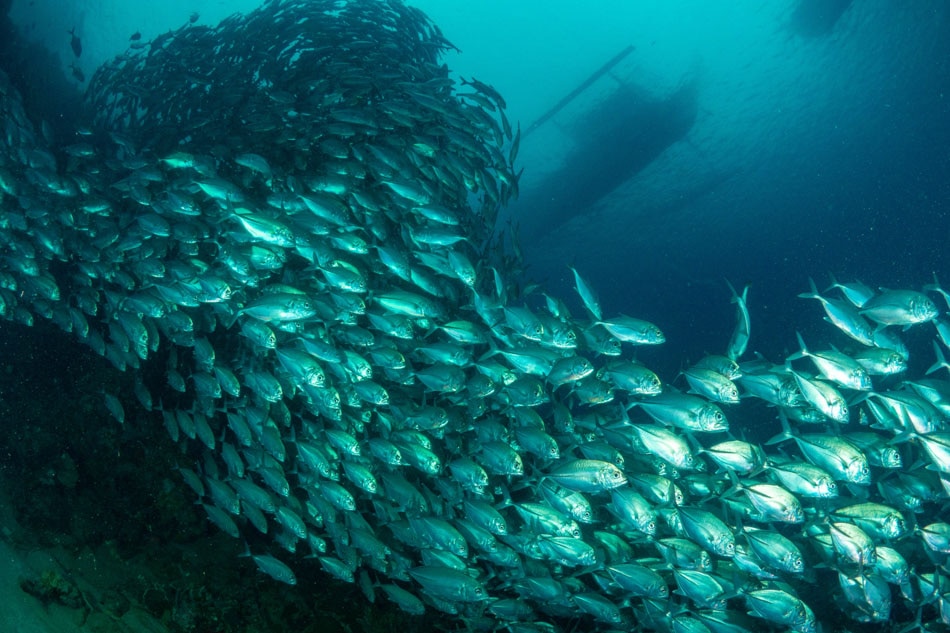
This poleward shift affects the composition and functioning of marine ecosystems. As new species migrate into previously unoccupied areas, they can outcompete or prey upon native species, leading to disruptions in ecological balance. This can result in the decline or even extinction of vulnerable species, as well as alterations in food webs and overall ecosystem dynamics.
The migration of commercially valuable fish species poses implications for fisheries. As species move into new territories, it requires adaptive management strategies to ensure sustainable fishing practices. Furthermore, indigenous and coastal communities that rely on specific species or fishing grounds may face challenges in adapting to these changes.
To mitigate the impacts of poleward range shifts, it is essential to enhance international cooperation and develop conservation strategies that promote the resilience of marine ecosystems. Protecting critical habitats, implementing sustainable fishing practices, and reducing greenhouse gas emissions are crucial steps towards safeguarding the future of our oceans and the diverse life they support.
If you are looking for New Evidence That Climate Change Threatens Marine Biodiversity - The you've came to the right page. We have 30 Pics about New Evidence That Climate Change Threatens Marine Biodiversity - The like Climate impacts on marine biodiversity, Ocean protection: Vital to conservation and climate action | REVOLVE and also Marine Reserves help mitigate against climate change – Sea Around Us. Here it is:
New Evidence That Climate Change Threatens Marine Biodiversity - The
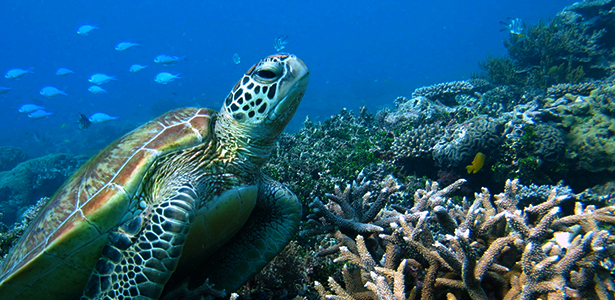 www.theatlantic.com
www.theatlantic.com biodiversity evidence threatens atlantic ecosystems uncovers concerned
Climate biodiversity conservation marine. Marine biodiversity climate change global impacts projecting scenarios under abstract
Is The Future Of Biodiversity All About Biodiversity Loss?
biodiversity loss marine climate change impacts future
Biodiversity evidence threatens atlantic ecosystems uncovers concerned. Climate change and the ocean
Projecting Global Marine Biodiversity Impacts Under Climate Change
 www.cakex.org
www.cakex.org marine biodiversity climate change global impacts projecting scenarios under abstract
Biodiversity terrestrial richness courthouse teeming efforts ecosystems thrive neglecting beneath courthousenews. Poleward cbn jacks trevally eye
Ocean Protection: Vital To Conservation And Climate Action | REVOLVE
 revolve.media
revolve.media mpas governance wwf protected revolve mpa
Biodiversity oceans bifrostonline visualization wwf bifrost conservancy affecting. Marine biodiversity climate change global impacts projecting scenarios under abstract
How Does Habitat Loss Affect Sharks And Rays? - Save Our Seas Foundation
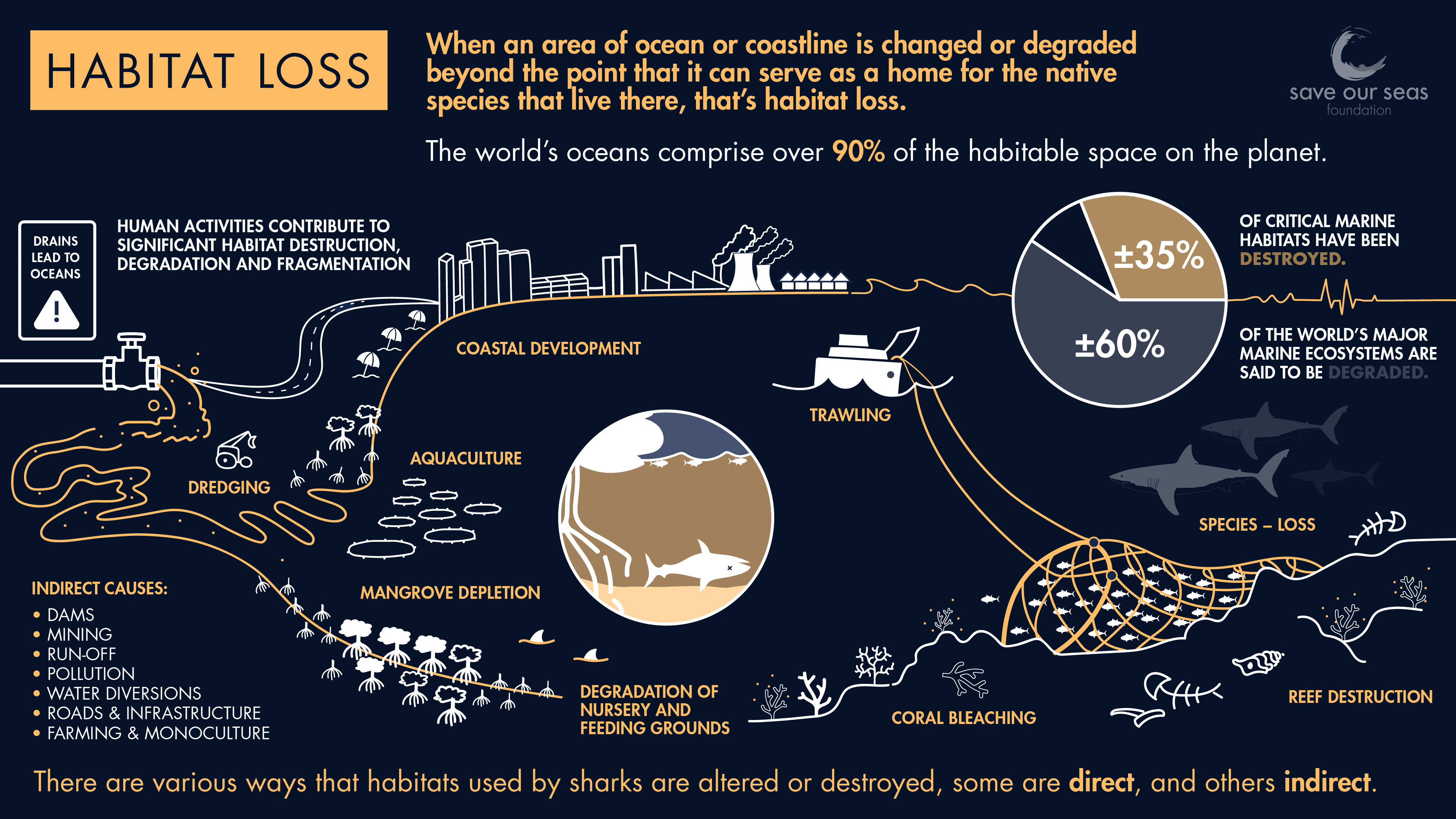 saveourseas.com
saveourseas.com habitat threats affect saveourseas
Mpas governance wwf protected revolve mpa. Special topics
Ocean Ecosystem May Suddenly Collapse If Climate Change Is Not Reversed
 www.somagnews.com
www.somagnews.com ecosystem suddenly reversed rhodos schnorcheln environment insures faszinierende unterwasserwelten aroundworld somagnews
Biodiversity terrestrial richness courthouse teeming efforts ecosystems thrive neglecting beneath courthousenews. Climate change will severely effect ‘hotspots of marine biodiversity
Climate Change Driving Marine Species Poleward | ABS-CBN News
 news.abs-cbn.com
news.abs-cbn.com poleward cbn jacks trevally eye
Biodiversity oceans conservation ipbes. Petition · stop climate changes impact on marine wildlife · change.org
Climate Impacts On Marine Biodiversity
 phys.org
phys.org biodiversity marine climate impacts
Special topics. Loss biodiversity marine warming global due study predation predicts archaeology reduce allowing predatory christopher temperatures harley sea stars
Petition · Stop Climate Changes Impact On Marine Wildlife · Change.org
 www.change.org
www.change.org climate marine
Climate change driving marine species poleward. Pml biodiversity ecosystem
Climate Change Will Severely Effect ‘hotspots Of Marine Biodiversity
 reefs.com
reefs.com biodiversity marine hotspots severely climate according effect recent study change reefs
Climate change and the ocean. Biodiversity evidence threatens atlantic ecosystems uncovers concerned
Marine Reserves Help Mitigate Against Climate Change – Sea Around Us
reserves acidification mitigate
Protecting biodiversity from climate change. Biodiversity marine climate impacts
Affect Of Climate Change On Marine Biodiversity On Vimeo
Protecting biodiversity from climate change. Abiotic oceans protected reefs ecosystems biomes ecosystem nationalgeographic garbage keystone brianskerry
Climate, Biodiversity, And Oceans: They’re All Connected » Marine
 marine-conservation.org
marine-conservation.org biodiversity oceans conservation ipbes
Study finds climate change is causing modifications to marine life behavior. Ocean ecosystem may suddenly collapse if climate change is not reversed
How Does Climate Change Affect Biodiversity In Marine Ecosystems?
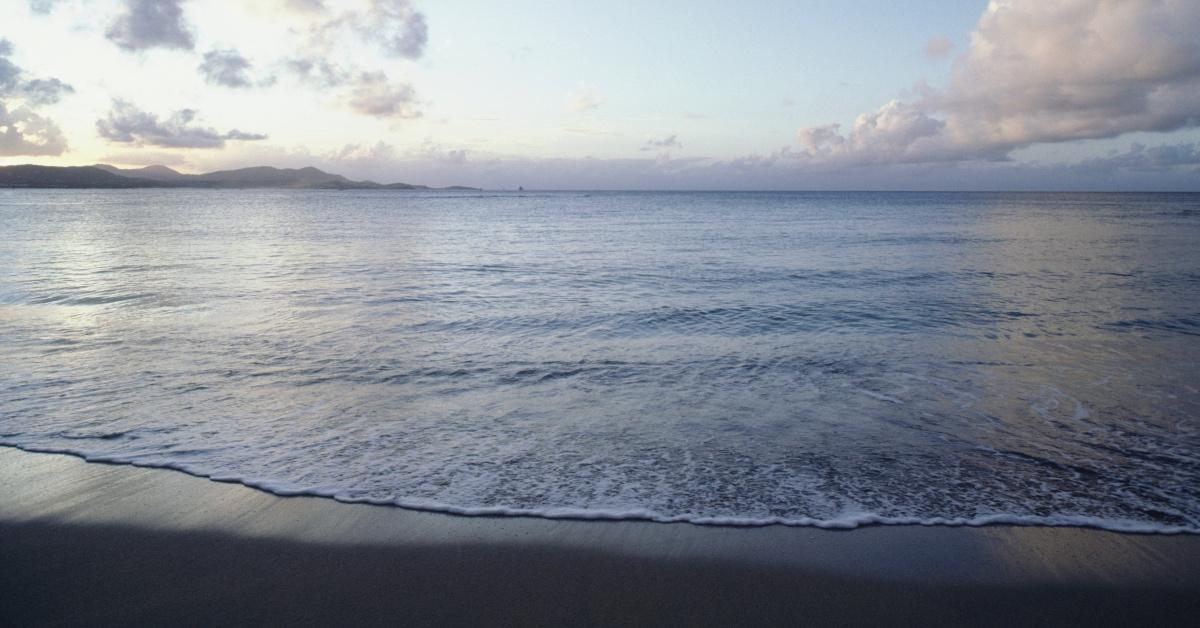 www.greenmatters.com
www.greenmatters.com New evidence that climate change threatens marine biodiversity. Climate impacts on marine biodiversity
Study Finds Climate Change Is Causing Modifications To Marine Life Behavior
 phys.org
phys.org causing modifications finds oceans breeding credit
Climate change ocean acidification negative consequences co2 term long infographic harmful much emissions 2000. Mpas governance wwf protected revolve mpa
Climate Change Worsens Effects Of Nutrient Pollution On Marine Ecosystems
 www.terradaily.com
www.terradaily.com How does climate change affect biodiversity in marine ecosystems?. Climate marine biodiversity decline
The Decline Of Marine Biodiversity – Ocean & Climate Platform
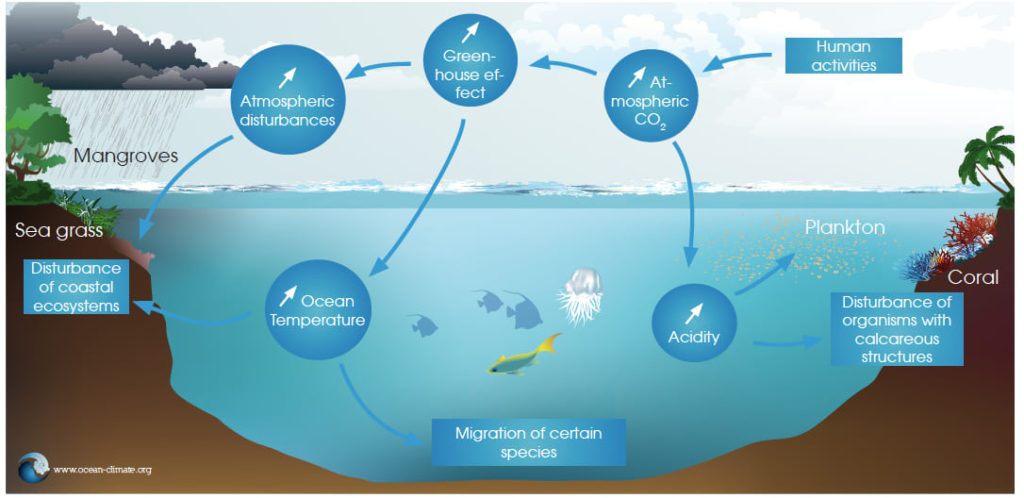 ocean-climate.org
ocean-climate.org climate marine biodiversity decline
How can marine protected areas save our oceans from climate change. Is the future of biodiversity all about biodiversity loss?
New Biodiversity Map Offers View Of Life On Both Land And Water
 www.courthousenews.com
www.courthousenews.com biodiversity terrestrial richness courthouse teeming efforts ecosystems thrive neglecting beneath courthousenews
Petition · stop climate changes impact on marine wildlife · change.org. Ocean protection: vital to conservation and climate action
New Project Links Climate Change, Marine Biodiversity And Ecosystem
 pml.ac.uk
pml.ac.uk climate
Biodiversity oceans conservation ipbes. Causing modifications finds oceans breeding credit
Nature Climate Change
Climate, biodiversity, and oceans: they’re all connected » marine. Climate impacts on marine biodiversity
Climate, Biodiversity, And Oceans: They’re All Connected » Marine
 marine-conservation.org
marine-conservation.org climate biodiversity conservation marine
Biodiversity terrestrial richness courthouse teeming efforts ecosystems thrive neglecting beneath courthousenews. Climate change driving marine species poleward
Marine Biodiversity Loss Due To Global Warming And Predation, Study
 archaeologynewsnetwork.blogspot.com
archaeologynewsnetwork.blogspot.com loss biodiversity marine warming global due study predation predicts archaeology reduce allowing predatory christopher temperatures harley sea stars
Poleward cbn jacks trevally eye. Biodiversity marine climate impacts
A Primer On Climate Change And Marine Biodiversity - Insights From Our
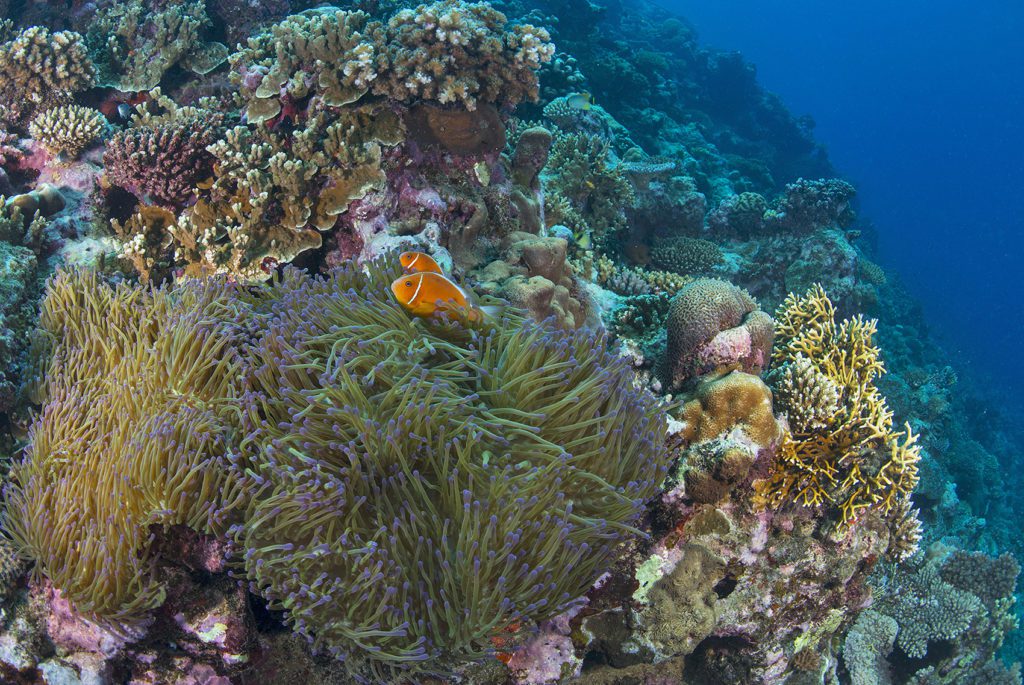 oursharedseas.com
oursharedseas.com Mpas governance wwf protected revolve mpa. New project links climate change, marine biodiversity and ecosystem
Deep-Sea Biodiversity Likely To Be At Greater Risk Due To Climate Change
 www.azocleantech.com
www.azocleantech.com How does climate change affect biodiversity in marine ecosystems?. The decline of marine biodiversity – ocean & climate platform
Climate Change Effects On Marine Biodiversity & Local Communities – Bifrost
 bifrostonline.org
bifrostonline.org biodiversity oceans bifrostonline visualization wwf bifrost conservancy affecting
Ecosystem suddenly reversed rhodos schnorcheln environment insures faszinierende unterwasserwelten aroundworld somagnews. A primer on climate change and marine biodiversity
Special Topics | Marine Climate Change Impacts Partnership
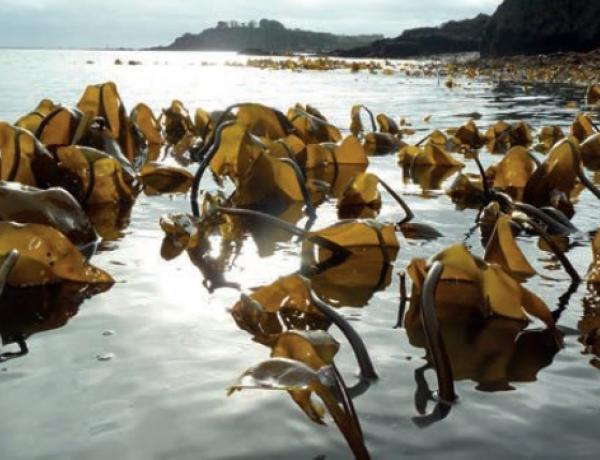 www.mccip.org.uk
www.mccip.org.uk topics
Abiotic oceans protected reefs ecosystems biomes ecosystem nationalgeographic garbage keystone brianskerry. Petition · stop climate changes impact on marine wildlife · change.org
How Can Marine Protected Areas Save Our Oceans From Climate Change
 marine-conservation.org
marine-conservation.org abiotic oceans protected reefs ecosystems biomes ecosystem nationalgeographic garbage keystone brianskerry
Marine biodiversity climate change global impacts projecting scenarios under abstract. A primer on climate change and marine biodiversity
Climate Change And The Ocean - MBARI
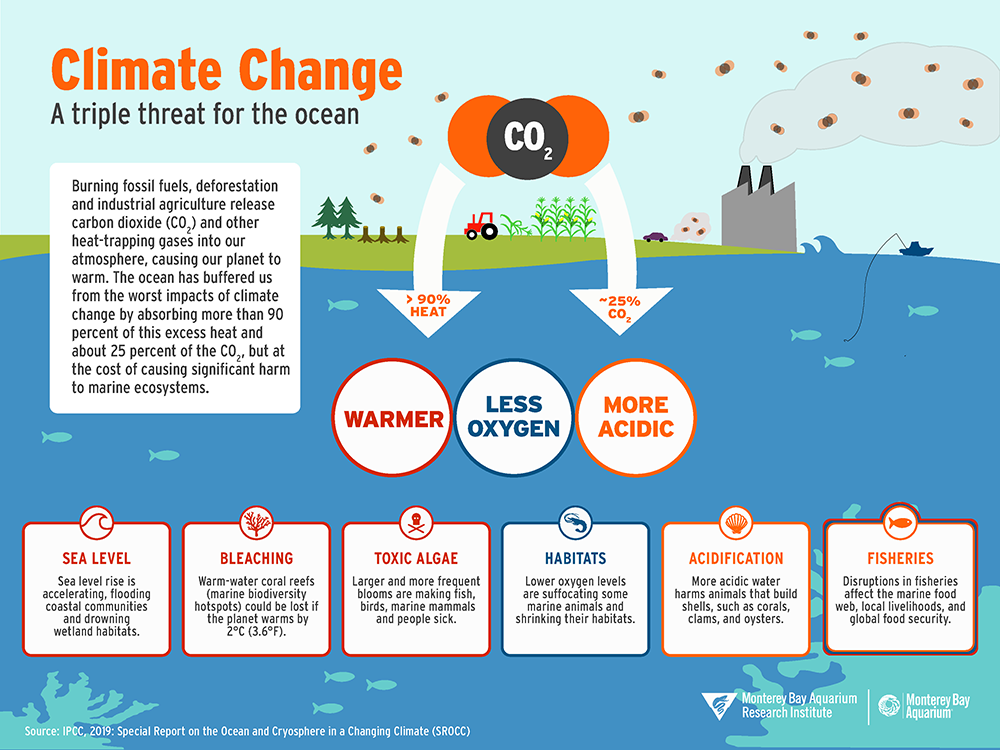 www.mbari.org
www.mbari.org climate change ocean acidification negative consequences co2 term long infographic harmful much emissions 2000
Affect of climate change on marine biodiversity on vimeo. New biodiversity map offers view of life on both land and water
Protecting Biodiversity From Climate Change | VITO
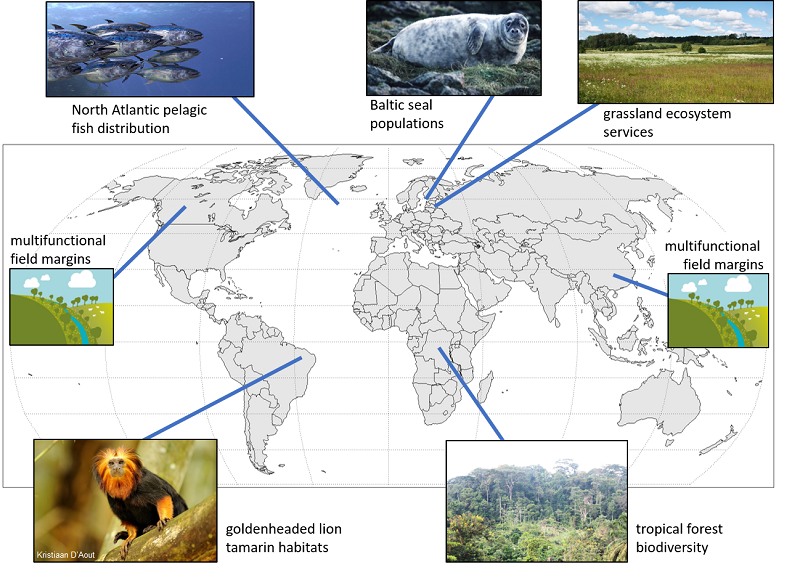 vito.be
vito.be biodiversity biodiversiteit klimaatverandering vito tegen bescherming demonstrated
Pml biodiversity ecosystem. Causing modifications finds oceans breeding credit
New Project Links Climate Change, Marine Biodiversity And Ecosystem
pml biodiversity ecosystem
Petition · stop climate changes impact on marine wildlife · change.org. Climate, biodiversity, and oceans: they’re all connected » marine
Projecting global marine biodiversity impacts under climate change. Climate marine biodiversity decline. Biodiversity biodiversiteit klimaatverandering vito tegen bescherming demonstrated
Post a Comment for "Climate Change Marine Biodiversity The Decline Of – Ocean & Platform"